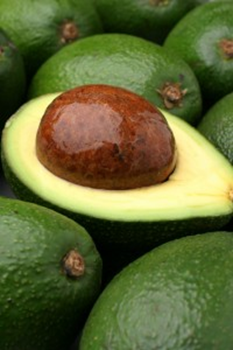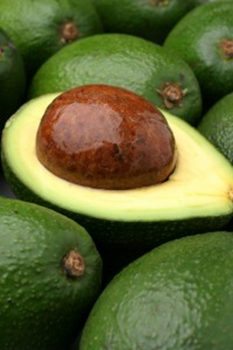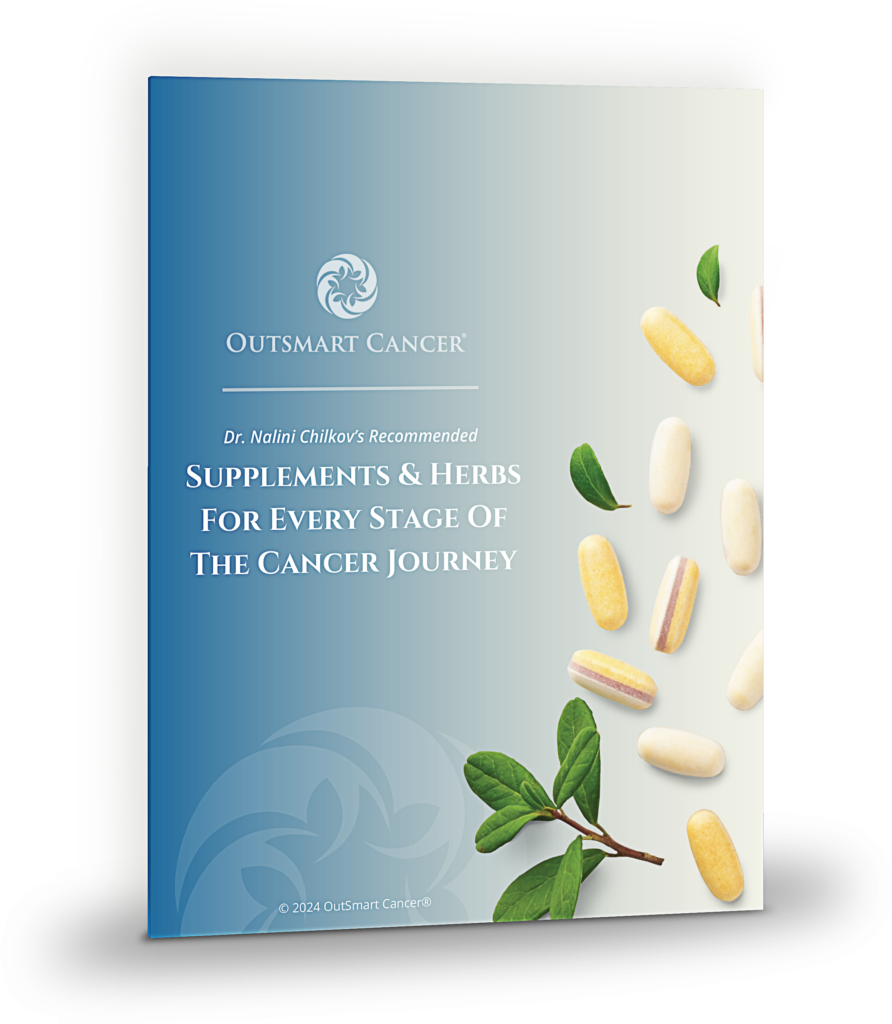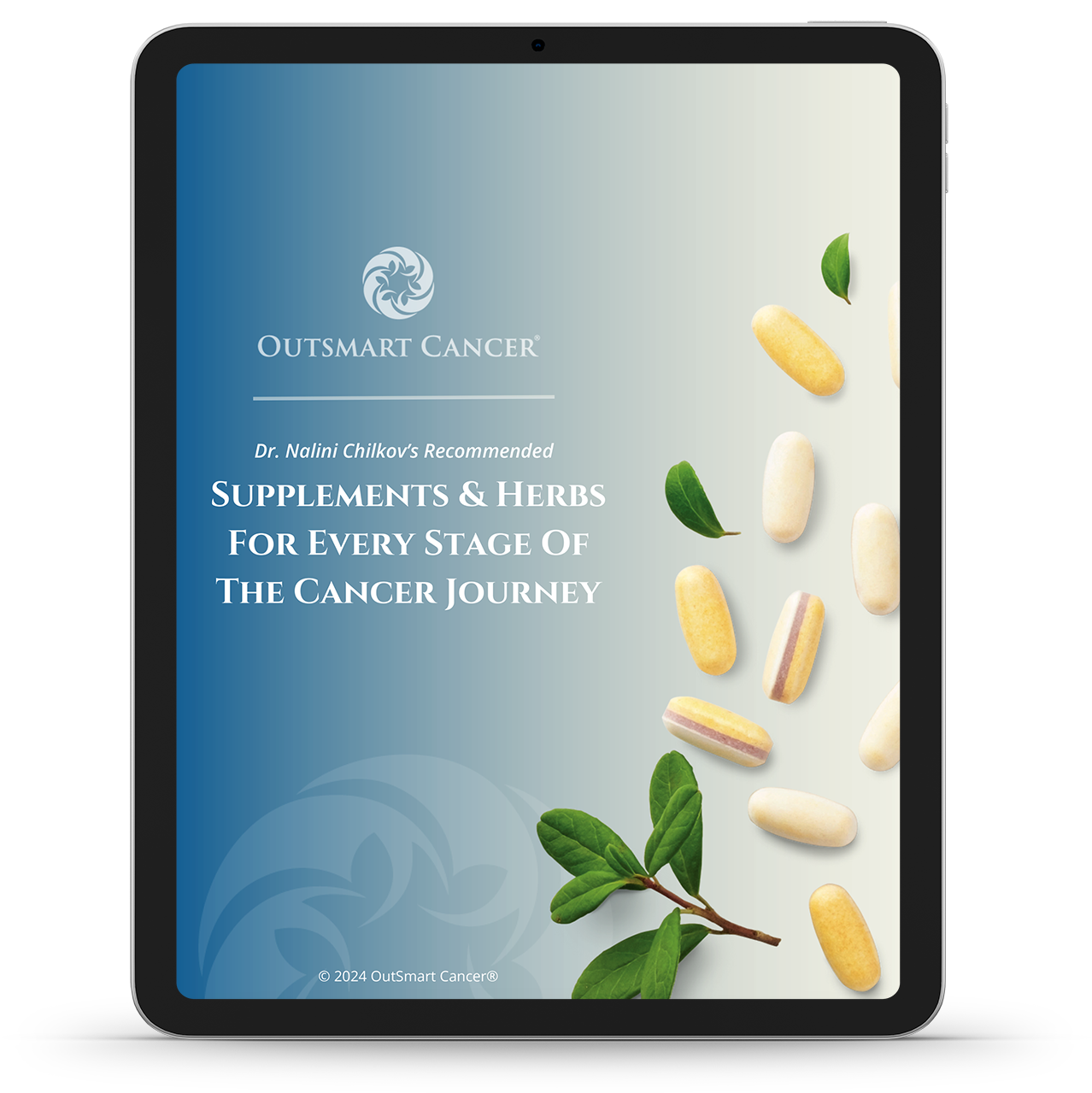20 Reasons to Eat Avocados

Avocados Enhance Heart Health . Avocados contain oleic acid, a monounsaturated fat that may help to lower cholesterol. In one study of people with moderately high cholesterol levels, individuals who ate a diet high in avocados showed clear health improvements. After seven days on the diet that included avocados, they had significant decreases in total cholesterol and LDL cholesterol, along with an 11% increase in health promoting HDL cholesterol.
Avocados are a good source of potassium, a mineral that helps regulate blood pressure. Adequate intake of potassium can help to guard against circulatory diseases, like high blood pressure, heart disease or stroke. In fact, the U.S. Food and Drug Association has authorized a health claim that states: “Diets containing foods that are good sources of potassium and low in sodium may reduce the risk of high blood pressure and stroke.”
One cup of avocado has 23% of the Daily Value for folate, a nutrient important for heart health. To determine the relationship between folate intake and heart disease, researchers followed over 80,000 women for 14 years using dietary questionnaires. They found that women who had higher intakes of dietary folate had a 55% lower risk of having heart attacks or fatal heart disease. Another study showed that individuals who consume folate-rich diets have a much lower risk of cardiovascular disease or stroke than those who do notconsume as much of this vital nutrient.
Promote Optimal Health
Not only are avocados a rich source of monounsaturated fatty acids including oleic acid, which has recently been shown to offer significant protection against breast cancer, but it is also a very concentrated dietary source of the carotenoid lutein; it also contains measurable amounts of related carotenoids (zeaxanthin, alpha- carotene and beta-carotene) plus significant quantities of tocopherols (vitamin E).
In a laboratory study published in the Journal of Nutritional Biochemistry, an extract of avocado containing these carotenoids and tocopherols inhibited the growth of both androgen-dependent and androgen-independent prostate cancer cells.
But when researchers tried exposing the prostate cancer cells to lutein alone, the single carotenoid did not prevent cancer cell growth and replication. Not only was the whole matrix of carotenoids and tocopherols in avocado necessary for its ability to kill prostate cancer cells, but the researchers also noted that the significant amount of monounsaturated fat in avocado plays an important role. Carotenoids are lipid (fat)-soluble, which means fat must be present to ensure that these bioactive carotenoids will be absorbed into the bloodstream. Just as Nature intends, avocado delivers the whole heath-promoting package.
Increase Your Absorption of Carotenoids from Vegetables
Enjoying a few slices of avocado in your tossed salad, or mixing some chopped avocado into your favorite salsa will not only add a rich, creamy flavor, but will greatly increase your body’s ability to absorb the health- promoting carotenoids that vegetables provide.
A study published in the March 2005 issue of the Journal of Nutrition tested the hypothesis that since carotenoids are lipophilic (literally, fat-loving, which means they are soluble in fat, not water), consuming carotenoid-rich foods along with monounsaturated-fat-rich avocado might enhance their bio-availability.
Not only did adding avocado to a salad of carrot, lettuce and baby spinach or to salsa greatly increase study participants’ absorption of carotenoids from these foods, but the improvement in carotenoid availability occurred even when a very small amount-as little as 2 ounces-of avocado was added.
Adding avocado to salad increased absorption of alpha- carotene, beta-carotene and lutein 7.2, 15.3, and 5.1 times higher, respectively, than the average amount of these carotenoids absorbed when avocado-free salad was eaten.
Adding avocado to salsa increased lycopene and beta- carotene absorption 4.4 and 2.6 times higher, respectively, than the average amount of these nutrients absorbed from avocado-free salsa. Since avocados contain a large variety of nutrients including vitamins, minerals, as well as heart-healthy monounsaturated fat, eating a little avocado along with carotenoid-rich vegetables and fruits is an excellent way to improve your body’s ability to absorb carotenoids while also receiving other nutritional-and taste-benefits.
Avocado Phytonutrients Combat Oral Cancer
Oral cancer is even more likely to result in death than breast, skin, or cervical cancer, with a mortality rate of about 50% due to late detection, according to Great Britain’s Mouth Cancer Foundation. Avocados may offer a delicious dietary strategy for the prevention of oral cancer. Phytonutrients in Hass avocados, the most readily available of the more than 500 varieties of avocados grown worldwide, target multiple signaling pathways, increasing the amount of free radicals (reactive oxygen species) within pre-cancerous and cancerous human oral cell lines, that leads to their death, but cause no harm to normal cells. ? Semin Cancer Biol. 2007 May 17. Earlier research by UCLA scientists also indicates that Hass avocados may inhibit the growth of prostate cancer as well. When analyzed, Hass avocados were found to contain the highest content of lutein among commonly eaten fruits as well as measurable amounts of related carotenoids (zeaxanthin, alpha-carotene, and beta-carotene). Lutein accounted for 70% of the measured carotenoids, and the avocado also contained significant quantities of vitamin E. J Nutr Biochem. 2005 Jan;16(1):23-30.
Nutritional Profile
Avocados are a good source of vitamin K, dietary fiber, vitamin B6, vitamin C, folate and copper. Avocados are also a good source of potassium: they are higher in potassium than a medium banana.
Although they are fruits, avocados have a high fat content of between 71 to 88% of their total calories – about 20 times the average for other fruits. A typical avocado contains 30 grams of fat, but 20 of these fat grams are health-promoting monounsaturated fats, especially oleic acid.
Excerpted from The World’s Healthiest Foods www.whfoods.org
You may also like:
Mango Avocado Arugula Salad
Southwestern Quinoa, Blackbean and Avocado Salad
Cilantro Guacamole with Pomegranate Seeds
Asian Spinach Avocado and Orange Salad




